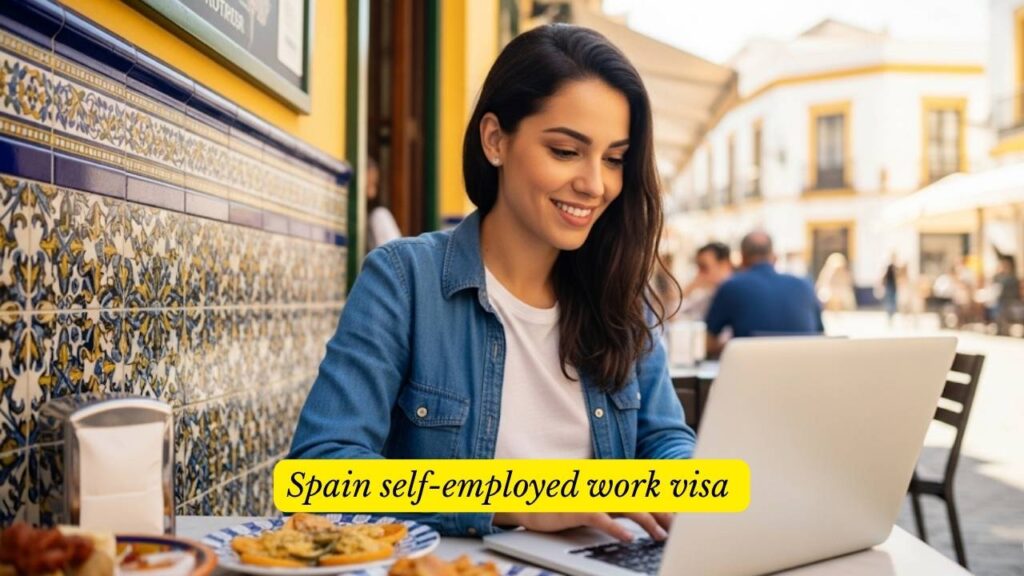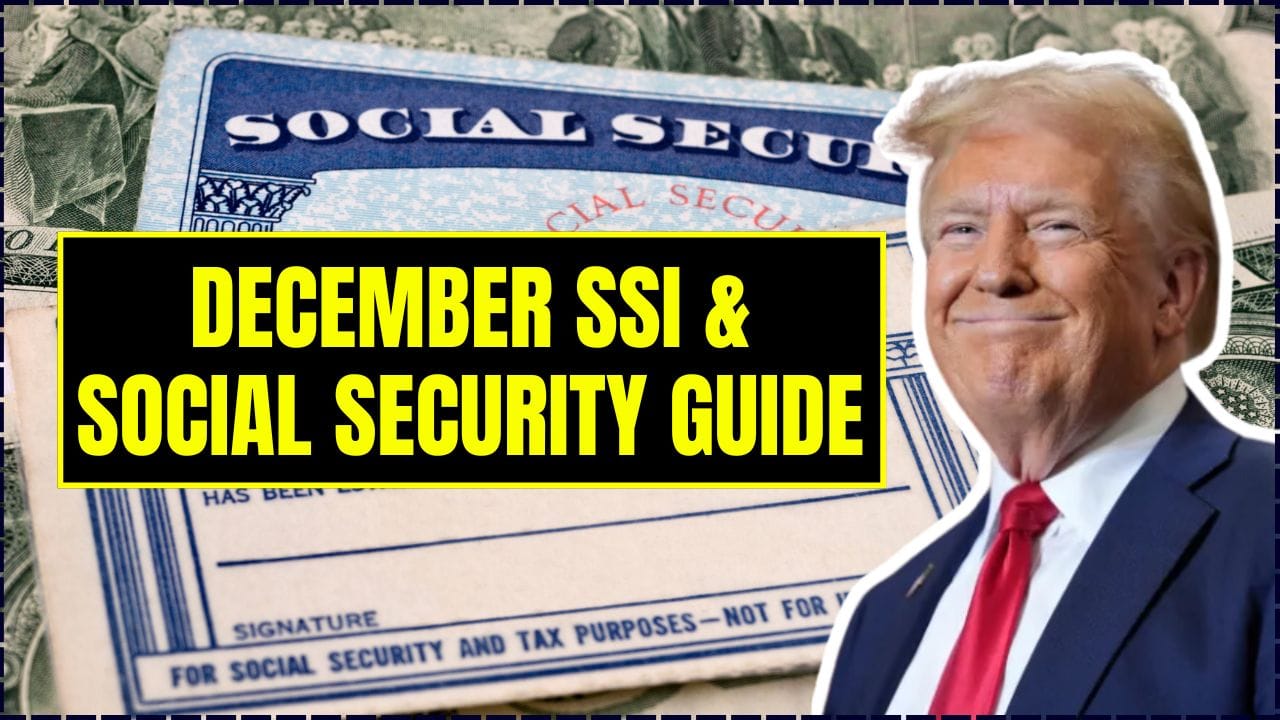Dreaming of swapping your office cubicle for a sun-drenched Valencian plaza or a bustling Barcelona co-working space? For countless aspiring entrepreneurs, freelancers, and independent professionals, the Spain self-employed work visa is the golden ticket to making that dream a reality. If you’ve been following the news, you’ll know that Spain’s immigration landscape has been buzzing with changes. While chatter about a specific “June 2025 update” has been circulating, the most significant recent reforms actually rolled out in late May 2025, bringing a fresh wave of flexibility and opportunity for those looking to work for themselves in this vibrant country.

This guide will walk you through everything you need to know about the autónomo (self-employed) visa process in this new era. We’ll break down the core requirements, demystify the application steps, and explain how the latest immigration shifts could impact your journey. Think of this as your friendly, expert-led roadmap to launching your self-employed career under the Spanish sun.
Spain self-employed work visa
| Key Fact | Detail |
| Main Application Route | The primary path is the “visado de trabajo por cuenta propia” (self-employed work visa). Ministry of Foreign Affairs |
| Recent Immigration Reforms | Major immigration rule changes effective May 20, 2025, offer more flexibility, though not a direct overhaul of the autónomo visa itself. |
| Core Requirement: Business Plan | A comprehensive and viable business plan is the heart of your application. |
| Financial Proof is Crucial | You must prove you have sufficient funds to launch your business and support yourself. Spanish Consulates |
The path to becoming self-employed in Spain is clearer and more accessible than ever, thanks to a stable, well-defined process and recent reforms that favor flexibility. By understanding the Spain self-employed work visa requirements, meticulously preparing your business plan and documentation, and staying organized, you can turn your entrepreneurial vision into a sun-drenched reality. Start gathering your documents, refining your business idea, and take the first step on your exciting journey to becoming a Spanish autónomo.
Understanding the Spain Self-Employed Work Visa in 2025
First things first, let’s clarify what the self-employed visa is. Known officially as the visado para trabajo por cuenta propia, this is the dedicated pathway for non-EU citizens who want to establish a business or work as a freelancer in Spain. It’s different from the Digital Nomad Visa (which is for remote work for foreign companies) and the Entrepreneur Visa (which is geared towards innovative, high-growth startups).
The self-employed visa is for the graphic designers, the consultants, the yoga instructors, the translators, and the small business owners who want to integrate into the Spanish economy and serve clients both in Spain and abroad.
So, What Changed in 2025?
While there wasn’t a singular, major decree in June that rewrote the rules for the autónomo visa, the significant immigration reforms enacted in May 2025 have created a more favorable environment. According to a detailed report by Spanish Settler, one of the key changes is that individuals with a residence permit can now work as both an employee and as a registered self-employed person (autónomo) from day one. This increased flexibility is a game-changer, reflecting a modern understanding of how people work.
For new applicants from outside Spain, the core process for the self-employed visa remains consistent. However, the spirit of these reforms signals a more welcoming and streamlined approach from Spanish authorities.

Your Spain self-employed work visa Guide to the Application
Navigating any visa process can feel like assembling IKEA furniture without the instructions. But don’t worry, we can break it down into manageable steps. In my experience advising freelance professionals, the key to success is meticulous preparation.
Step 1: Crafting an Unbeatable Business Plan
This is, without a doubt, the most critical piece of your application. Your business plan is your opportunity to convince the Spanish authorities that your venture is not just a dream, but a viable, well-thought-out enterprise that will contribute positively to the economy.
Your plan must include:
- A Detailed Description: What will you do? Who are your target clients? What makes your service or product valuable?
- Market Analysis: Show that you understand the Spanish market you’re entering.
- Financial Projections: This includes planned investments, expected income for at least the first three years, and projected expenses. Be realistic but confident.
- Proof of Funding: You need to show you have the capital to get started. While there’s no official minimum investment, experts suggest showing access to €15,000–€30,000 can strengthen your case.
Step 2: Gathering Your Essential Documents
Think of this as your visa application treasure hunt. You’ll need to collect a trove of documents, and it’s vital that they are all in order.
Here’s a general checklist, but always verify the exact requirements with your local Spanish Consulate, as they can vary slightly.
- National Visa Application Form: Completed and signed.
- Passport: Valid for at least one year with at least two blank pages.
- Photographs: Recent, passport-sized photos.
- Business Plan: Your masterpiece from Step 1.
- Financial Proof: Bank statements, letters from financial institutions, or investment proof. You must demonstrate sufficient funds for both your business investment and personal living expenses. The personal amount is based on Spain’s IPREM (a public income indicator), which for 2025 requires you to show you have 100% of the annual IPREM, amounting to around €7,200 per year for yourself.
- Professional Qualifications: Diplomas, certifications, or proof of relevant experience that show you are qualified to do the work outlined in your business plan.
- Criminal Record Certificate: From your country of residence for the past two years, apostilled and translated into Spanish.
- Medical Certificate: A recent certificate stating you do not have any diseases that could pose a public health risk, also apostilled and translated.
- Proof of Licenses & Permits: A list of any required licenses to operate your business in Spain and proof that you have started the application process for them.
- Application Fees: Payment of the relevant visa and authorization fees (Forms 790-052 and 790-062).
For an official rundown of documents, the Spanish Ministry of Foreign Affairs website is your primary source of truth.
Step 3: The Consular Application & Waiting Game
Once your dossier is complete, you’ll submit it to the Spanish Consulate or Embassy in your home country. They will process the initial work and residence authorization simultaneously. The official processing time can take up to three months. If approved, you will be issued a visa valid for 90 days to travel to Spain.
Step 4: Arriving in Spain and Finalizing Your Status
You made it! But the paperwork isn’t quite over. Once you arrive in Spain, you have a few crucial final steps:
- Register with Social Security (RETA): Within three months, you must register in the special scheme for self-employed workers (Régimen Especial de Trabajadores Autónomos).
- Get Your TIE Card: Within one month of arrival, you must apply for your Foreigner Identity Card (Tarjeta de Identidad de Extranjero), which will be your official residence permit.
Encouragement for the Road Ahead
Embarking on the Spain self-employed work visa journey can feel daunting, but it is entirely achievable. Thousands of people successfully navigate this process every year, building incredible lives and businesses for themselves. I’ve seen many successful applicants find their footing by focusing on a hyper-realistic business plan and demonstrating clear passion for their venture.
The recent shifts in Spain’s immigration policies, while not a direct rewrite of the autónomo rules, show a clear trend towards attracting and retaining international talent. The system is becoming more logical and flexible.

Take the process one step at a time. Be organized, be patient, and don’t be afraid to seek professional advice if you feel stuck. Your dream of working for yourself, with the rich culture and beautiful lifestyle of Spain as your backdrop, is worth the effort.
FAQs
1. What is the difference between the Self-Employed Visa, the Digital Nomad Visa, and the Entrepreneur Visa?
This is a crucial distinction, and choosing the right visa is the first step.
- Self-Employed Visa (Cuenta Propia): This visa is for individuals who want to start a traditional small business or work as a freelancer (autónomo) in Spain. This includes opening a café, becoming a consultant, or offering services to clients within Spain and internationally. Your business plan is key.
- Digital Nomad Visa: This is for remote workers or freelancers who are employed by companies or serve clients located entirely outside of Spain. The main requirement is proving a stable remote income from foreign sources.
- Entrepreneur Visa: This visa is specifically for launching a business that is considered innovative and of special economic interest to Spain. Think tech startups, scalable businesses, or projects that will create significant employment. This visa requires approval from the Ministry of Economic Affairs and Digital Transformation.
2. How much money do I need to show for the self-employed visa?
There are two main financial requirements you must prove:
- Business Investment: There is no official minimum amount. You must demonstrate in your business plan that you have sufficient capital to fund the launch and operation of your specific business. This can be through your own savings or a commitment from a financial institution.
- Personal Sustenance: You must prove you can support yourself. The minimum requirement is 100% of Spain’s annual IPREM (Public Multiple Effects Income Indicator). For 2025, this is approximately €7,200 per year. This amount increases if you are bringing family members.
3. What are the most important parts of the application?
Without a doubt, the most critical element is a comprehensive and viable business plan. According to Spain’s official consular websites, this plan must detail the nature of your activity, planned investments, expected financial returns, and any potential job creation. Your application’s success heavily relies on convincing the authorities that your business is well-researched and likely to succeed. The second most critical part is providing clear proof of your financial means and professional qualifications.
4. Can I bring my family with me on a self-employed visa?
Yes, you can apply for your dependents to join you through a process called family reunification. This typically includes your spouse or registered partner and dependent children. You must prove you have sufficient additional financial resources to support them. The general requirement is an additional 75% of the annual IPREM for the first family member (approx. €5,400) and an additional 50% for each subsequent member (approx. €3,600). You must also demonstrate that you have adequate housing for your family.
5. How long does the visa process take in 2025?
The process involves two main stages: first, applying for the initial work and residence authorization, and second, applying for the visa itself at your local Spanish consulate. The official processing time for the initial authorization can be up to three months. Once that is approved, the consulate typically processes the visa application within one month. It is highly recommended to start the process at least six months before your intended travel date.










